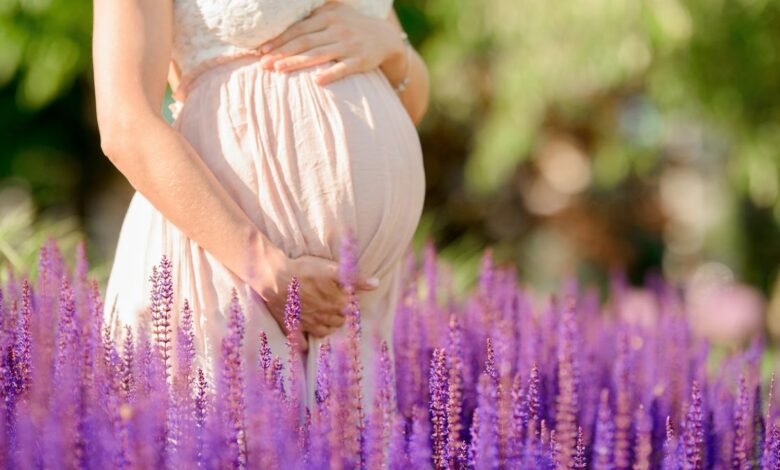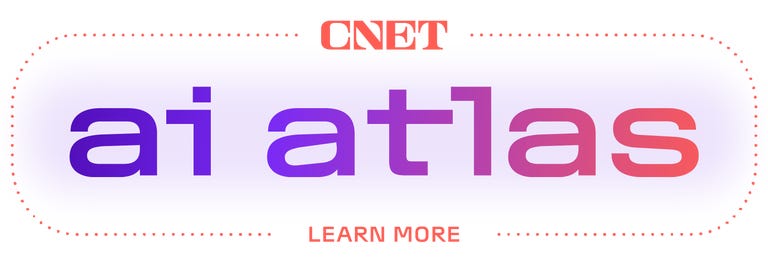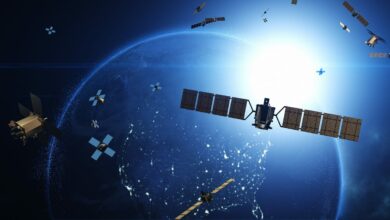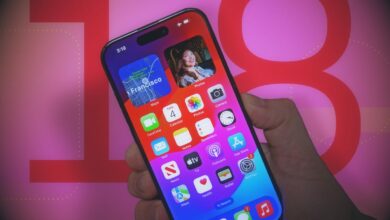I used ChatGPT to plan the best diet for pregnancy and found it informative







It started when I walked past puppies in my neighborhood. I was that person, asking if I could pet them. My uterus did somersaults when I saw a baby, my body signaling to my brain that it was time to think about starting a family.
After hopping around the world in my 20s and seriously cranking up my circadian rhythm, I knew I had to prepare for pregnancy — especially since I’m now in my mid-30s. No woman wants to hear “geriatric” from her ob-gyn.
With my biological clock ticking and artificial intelligence promising faster answers, I turned to AI instead of Dr. Google to see if it could help me prepare my body for baby.

I chose OpenAI’s ChatGPT because it’s the most well-known AI tool and had a major upgrade to the free version in May. I also wanted more conversational capabilities, rather than a list of advice (which ChatGPT does well).
ChatGPT was released in November 2022 and is available for free or $20 per month for ChatGPT Plus. I went for the paid version, because there’s no time to mess around.
Using ChatGPT to, well… chat
First, I wanted to know the pregnancy statistics of healthy 35-year-old women without fertility problems.
Instead of a 20% to 25% chance of getting pregnant per cycle, I was in the 15% chance per cycle range. ChatGPT indicated a higher risk of miscarriage, so I noted that as a follow-up question. A friend also told me that it’s not our biological age that matters, but the quality of our eggs.
So I asked, “What is the best prenatal nutrition for a 35-year-old woman to improve egg quality and reduce the risk of miscarriage?”
ChatGPT responded, offering a two-pronged approach rooted in nutrition and lifestyle. Some of the things it included were folic acid, omega-3 fatty acids, antioxidants, iron, calcium and vitamin D, protein and coenzyme Q10, as well as a balanced diet, hydration, eliminating harmful substances such as alcohol and tobacco, prenatal vitamins and regular check-ups.
I liked that ChatGPT provided resources from the Mayo Clinic and an extensive study from Oxford Academic. It seemed to have legitimate links, which was encouraging — but it’s still worth doing some manual fact-checking yourself. (And remember that your independent research is always in addition to getting advice directly from medical professionals.)
But while ChatGPT outlined the key nutrients, it didn’t say how much of each I needed, or if I needed anything specific as a “geriatric” woman. It didn’t come back with anything about age. I asked the AI chatbot to break down the info that way, and it told me how much of each nutrient I needed, where to find it — like leafy greens for folate and fatty fish for omega-3s — and what each nutrient does.

I asked if I could get all the nutrients through my diet or not. It suggested supplements for half the list: Of the list of eight, ChatGPT suggested protein and antioxidants through diet, and the rest through diet and a prenatal vitamin. Omega-3s and CoQ10 were not on the prenatal I ordered, so I asked ChatGPT about them.
ChatGPT replied that omega-3s and CoQ10 are often added separately, as they’re not always found in standard prenatal vitamins. Good to know. I’m glad I followed through, as I learned that I need EPA, not just DHA (EPA and DHA are both omega-3s) — a combined total intake of 500-1,000 mg, not just the 200-300 mg of DHA that ChatGPT initially suggested.

Lily Nichols’ Real Food for Pregnancy is a nutritional bible for baby-making, so I asked ChatGPT what the author suggests in terms of levels. The list was similar, but also included choline, vitamin A, magnesium, zinc, and iodine — all of which are in my prenatal diet, along with choline.
I asked ChatGPT what Nichols recommends for women over 35. He emphasized the importance of folic acid, choline, DHA, iron, vitamin D, magnesium, calcium and CoQ10.
Fertility, old wives tales
Next, I wanted to see if ChatGPT had any fertility myths. While it came with a caveat, the advice was interesting nonetheless. Some suggestions? Eating yams and sweet potatoes, as their phytoestrogens “may help balance hormones”; eating pineapple cores for five days after ovulation, which apparently “may improve implantation via the enzyme bromelain”; wearing “fertility jewelry” like jade and moonstone, and lucky charms to bring good luck; and drinking raspberry leaf tea and taking a maca root supplement.
Let’s see if these dietary recommendations are justified, or if ChatGPT causes hallucinations.
I Googled the pineapple seed suggestion and while I did see some comments on it, there wasn’t much scientific evidence to prove its validity as a fertility aid.

As for raspberry leaf tea, ChatGPT missed an important warning: don’t take it until you’re about 37 weeks pregnant, when you’re already in the early stages of your pregnancy, because it can cause the uterus to contract.
Back on ChatGPT, I wondered if there were any other surprising or lesser-known strategies we’d missed. It offered a few additional dietary suggestions I wanted to test, such as sperm cycling – eating flax and pumpkin seeds during the first half of your cycle, and sesame and sunflower seeds during the second half – eating bone broth, taking inositol supplements, and wearing castor oil wraps on your stomach.
The more I pushed and prodded ChatGPT, the more the advice had an oriental medicine flair. While I doubt I would find castor oil packs in traditional fertility nutrition advice, acupuncture clinics and holistic specialists are behind it.
In that regard, I asked ChatGPT if they had any other oriental medicine or holistic nutritional advice for fertility. I added some common fertility herbs to my list: dong quai, goji berries, and Chinese yam.
For my last question I was curious about what Ayurvedic specialists suggest, because ChatGPT had mentioned it a few times. You can see all those Ayurvedic suggestions at the bottom of this article, but there was more focus on hormonal balance, detoxification, and mind-body harmony.
While it’s important to seek professional advice, especially when it comes to health matters, I liked that ChatGPT offered a wide range of advice, from essential nutrition to the extras that can lead to baby dust.
My final food list:
- Folate/folic acid
- DHA and EPA
- Iron
- Calcium
- Vitamin D
- CoQ10
- Choline
- Iodine
- Magnesium
- Zinc
- Foods High in Protein and Antioxidants
- Yams, sweet potatoes and pineapple core
- Bone broth and castor oil packs
- Dong quai, goji berries, Chinese yam, ashwagandha, shatavari and maca root.
After an hour of chatting with ChatGPT I feel more informed and empowered about how to approach fertility nutrition. It is a useful tool to gather important information online and discuss what it suggests. Just make sure to mention any vitamin deficiencies you have and always consult a medical professional.
I have kept my prenatal supplements, but I did order CoQ10 and omega-3 with DHA and EPA supplements. I plan to experiment with recipes that incorporate these fertility ingredients and add Chinese herbs to the mix.
For more ways to use AI, check out CNET’s AI Atlas hub, where you’ll find tips on writing a resume, saving on groceries and finding the best online shopping deals.






